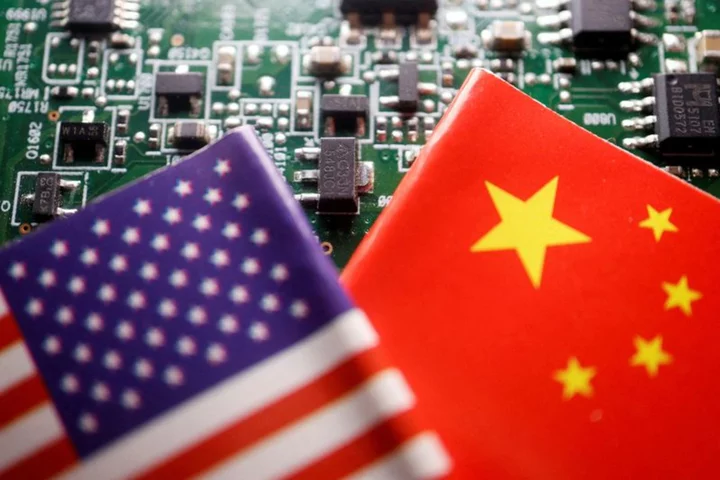Page Redirect Alert
The link you are about to visit does not belong to this site, please pay attention to your account security.

The link you are about to visit does not belong to this site, please pay attention to your account security.







